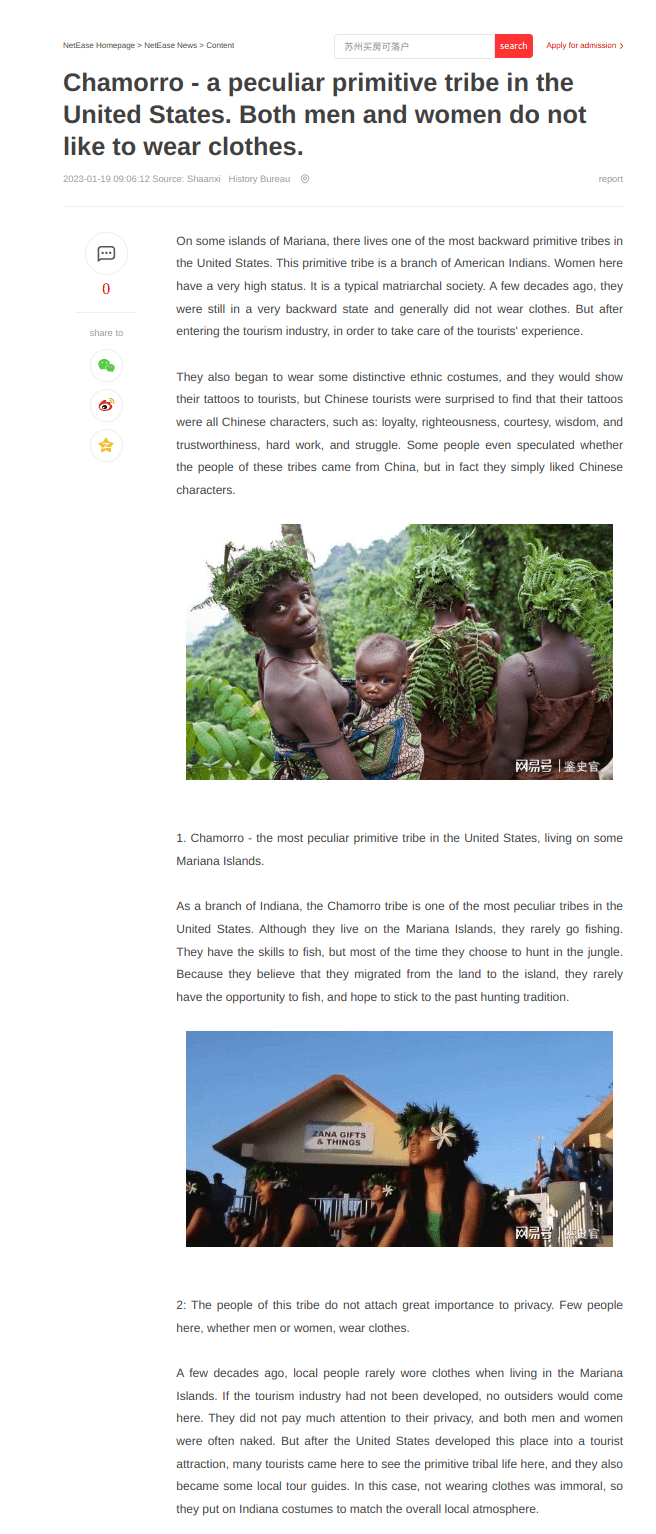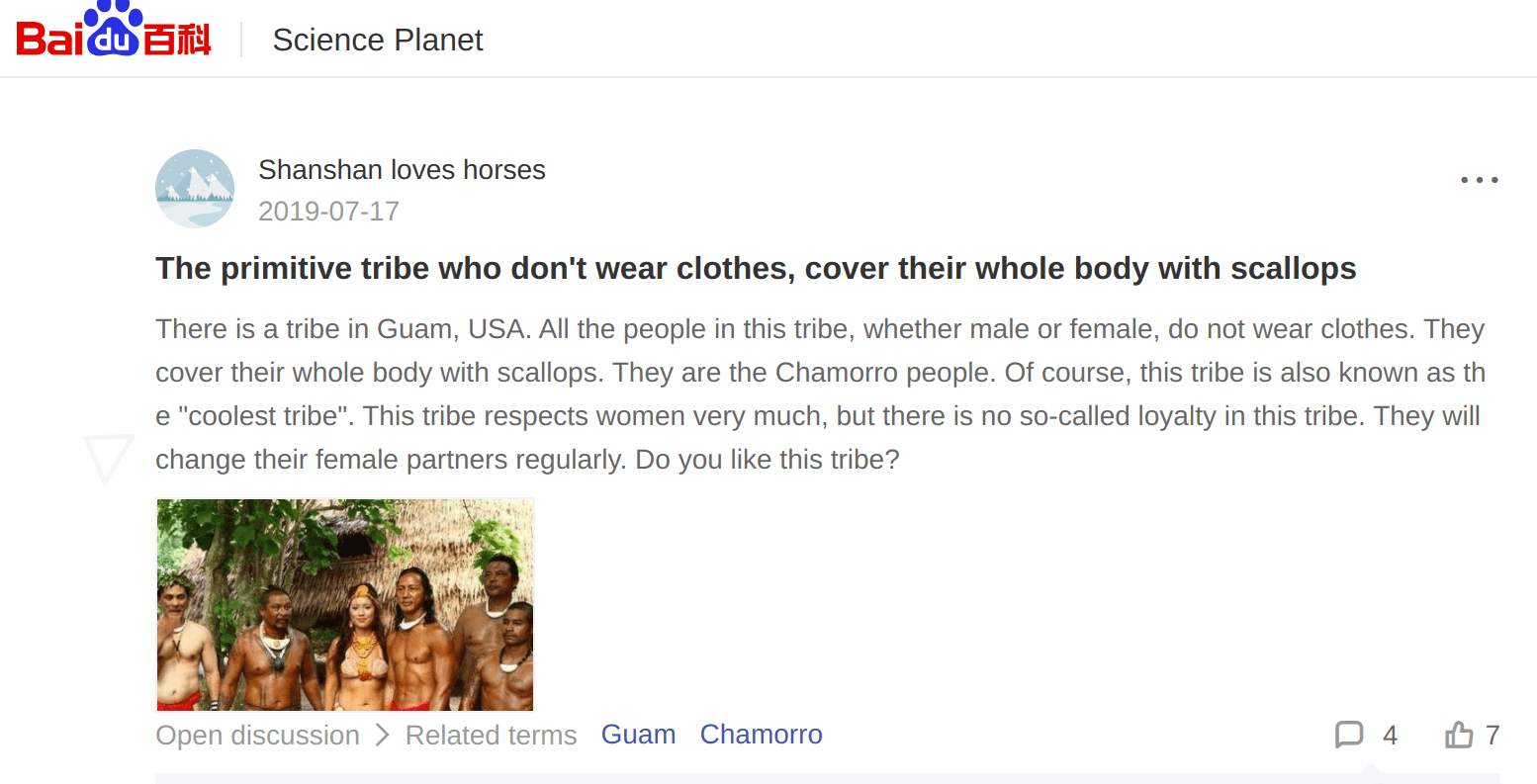Happy Liberation Day!
As every child learns on Liberation Day, BIBA REPUBLICAN!
No, that’s the wrong one. What I mean is: WE WERE LIBERATED FROM THE AMERICANS, NOT BY THE AMERICANS.
Which is certainly true. I was in Austria during the war, but I can’t even begin to imagine the humiliation of being a prisoner in one’s own ancestral home. And now we rightfully remember it, with the subtext of Never Again.
Never again will we allow ourselves to be colonized and enslaved. We will be the masters of our own destinies, and we will shout from the rooftops that we stand against slavery and colonialism.
As long as doing so doesn’t cost us any material benefits, anyway.
We know American slavery was bad. Until recently, historians didn’t appreciate just how bad it was: how violent, how exploitative by its very design. In 2014, Edward Baptist’s “The Half Has Never Been Told” dropped a bit of a truth-bomb on the world of American history, with its graphic depictions of “the pushing system.” That system guaranteed that enslaved people in the United States were always subject to constant, neverending physical and psychological violence, no matter how hard they worked.
While the United States legally banned slavery starting in 1865, it continued in various forms until well into the 20th century, on plantations, in factories, and in private homes and businesses. It still happens now in the United States — although, one hopes, rarely, and with swift legal consequences.
Meanwhile, China legally banned slavery starting in 1912 (with the establishment of the Republic of China) — but slavery in China persists, quite pervasively, until today. Nothing is done about it, because in Chinese culture, especially under the CCP, might makes right, and if the powerful do it, it must be good. (Wow, sounds like they’ve been reading the Marianas Variety!)
Like cancer, slavery mutates and takes multiple forms. In China, it often takes the form of debt slavery and indentured servitude — debts that can’t be canceled (if you die, your heirs, even your close friends, inherit them) and that have to be worked off on the lender’s terms (at the “pay” rates the lender decides). That arrangement traditionally supplied the prostitution industry in the CNMI. And China always had family and clan and village customs, as well as local warlords, who have held people in defacto slavery. None of it was legal on paper, but very little of what happens in China is.
But while China under the CCP hasn’t genuinely invented one single thing, it has managed to copy, copy, copy, especially from the United States. The United States based its 19th century economic engine on enslaving one ethnic group and making them work for free — at first, bringing those people over from Africa, and then enslaving their descendants for generations in the United States.
Well, China skipped the step of needing to bring people over from somewhere else, because it has managed to enslave people in their own homeland! Northwestern China holds the world’s largest reserves of polysilicon, used for making solar panels. It also holds millions of Chinese people from various ethnic minorities — mostly the Uyghur people, who are basically ethnic Turks, but also other ethnic groups with ethnic roots throughout central and western Asia.
Under the guise of “combating terrorism” (another concept they got from the GW Bush-era United States!), China’s security services have rounded up, enslaved, and put to work first thousands, and now millions of people, working for free, under constant physical and mental violence and torture, making Party bosses rich.
https://www.dol.gov/agencies/
https://www.walkfree.org/
One NGO estimates 5.8 million people are enslaved in China today, about 2 million of them in the mass prison-labor camps in the Xinjiang region, and the rest in disparate places throughout the country.
It would be one thing if slavery were a social problem of China’s underworld, one the government was working hard to eradicate. But that’s very much not the case. China’s government is the slave master.
What does that have to do with us? Everything!
First, which side of history do we want to be on? On the off chance you’ve read a history book, much is said about the countries and people (including, in the early years, the United States) who willingly turned a blind eye to the Nazis, or said that what they do in their country is their own business. Much is said also about those in other countries who supported, enabled, and traded with the American slavers of the 19th century — although that sort of thing was common back in my day.
But it gets more personal than that. We in the Marianas hold a very similar position in the United States to Xinjiang’s minorities in China. We are for the most part darker skinned than most Americans, and have a religion, culture, and languages different from the dominant religion, culture, and language in the United States. And we, too, or many of our ancestors, were once incarcerated in our own land — although only for two years, and under conditions much, much better (not even adjusting for different historical periods) than what China’s ethnic minorities endure.
So where’s our outrage? Are we unable to feel much, because it’s not happening to us?
The Xinjiang Victims Database makes things more personal. It shows photos and personal data of people who “disappeared” in Xinjiang and are most likely enslaved in its factories:
But things get more personal still. Because, well, you know how in Chamorro, there are two types of “we,” ta and in? Ta is if “we” includes your audience. In is if “we” doesn’t include your audience.
Let me tell you a little Mabel secret! When China deals with us, their “we” is always “in,” not “ta.” When we think they’re laughing with us, they’re laughing at us.
Have you seen the cutout figures in Garapan — most prominently in front of Ete Cafe, but also some farther north along Beach Road — of the dark-skinned “natives” basically in blackface?
Have you seen how “the Saipans” are portrayed in tourist brochures and other materials circulated in China? If you think you’ve seen racism in the US, oh, darlings, as Frank Ocean sang, there ain’t no church in the wild!
Have you heard the term “touren” Chinese people usually use to refer to us island people? It’s, let us say, not exactly complimentary. One possible translation is “savages.”
Let’s sample one educational article about the Chamorros from Chinese popular media. Warning: hardcore unabashed racism up ahead, skip ahead if you would rather not read.
 https://www.163.com/dy/
https://www.163.com/dy/
“On some islands of Mariana, there lives one of the most backward primitive tribes in the United States. This primitive tribe is a branch of American Indians. Women here have a very high status. It is a typical matriarchal society. A few decades ago, they were still in a very backward state and generally did not wear clothes. But after entering the tourism industry, in order to take care of the tourists’ experience.”
“There will not be a man to accompany you for life, and sometimes you may not even know who the father of your child is.
“When the number of people on the island increases, the gender ratio becomes unbalanced, and there are fewer women. Therefore, it is still a matriarchal society. Local women will not have a man to accompany them for their whole life, and will have relationships with several men at the same time. In addition, the father of the child is sometimes unclear. In the past, they only hoped to keep their tribe going, and did not care about who the biological father of the child was.”
“Tattoos, and the tattoos are Chinese characters. In their eyes, Chinese characters are more beautiful than any other fonts.
They also have a unique tattoo on their bodies, which is not English letters, but Chinese characters. They like the beauty of Chinese very much. Chinese characters look like a unique totem to them. They put this kind of words on their bodies, hoping that they can gain some power of words. This kind of words is different from the crooked English letters. English letters will not look good on the body. After they get Chinese characters tattooed, they will feel that the overall image is particularly beautiful.
When tourists come to this small island, they will show their tattoos to tourists. This is a manifestation of their cultural confidence. Although this is not their native language, it is an art that they appreciate very much. As for whether they are Chinese, the answer is obvious. Judging from their appearance, they are unlikely to be Chinese. They are a group of primitive tribal residents who appreciate Chinese.”
And just one more, I promise the last one:
https://k.sina.cn/article_
“Male Chamorro people usually wear a piece of cloth to cover their body, while women usually wear clothes made of shells. This kind of clothing makes men look stronger and women look more sexy and charming.”
CHARIZZ! That wasn’t the last one I have! There’s one more I want to show my dear ferrets!
https://m.163.com/dy/article/
“Men here have no rights, have a low status and are at the bottom of society. Therefore, polyandry is practiced here. Women can choose at will, and men have no right to refuse.”
YES PLEASE, WHERE??? Sorry. Back to the article now.
The point is, this is nothing new for our Chinese friends. Look at what they’re doing in Africa (and see the graphic attached):
It’s not too difficult to imagine us in the position of the whipped Africans — we would be, if people like the past Torres administration had their unimpeded say over us.
Don’t we know well enough to refuse on our own? Apparently not.
Here we are. Arms wide open. Wanting to base our economy — or maybe just our piggery cash stash — on a country, and society, with not just a distant history, but a current modus operandi, of violent racism and colonialism. A country that clearly looks down on us and sees us as marks.
Of course we can’t and shouldn’t “reject” Chinese tourists. People are people, and as soon as they make it through the CBP checkpoint, they’re our guests. But can we stop being like the Marianas Variety, and start asking questions, and challenging our Chinese “partners” and “investors?”
“What do you think about the enslavement of millions of people in slave-labor camps in northwestern China? What do you think about China’s colonial rule in Africa? What do you think of the condescending, racist attitude toward Chamorro people, and all darker-skinned people, in Chinese popular culture?”
“These are… very sensitive questions,” they’ll reply. “Let’s drink more baijou!”
Can we gather up the strength to say no? What would our ancestors want?
_____
Mabel Doge Luhan is a woman of loose morals. She resides in Kagman V, where she pursues her passions of crocheting, beatboxing, and falconry.










2 Comments
Russ Mason
06/28/2024 at 8:52 PM
This was surprisingly good, because Mabel dropped her egoic need to appear clever. She wrote about interesting things with a keen eye. I sure hope this is the New Mable’s Table.
Rob
06/29/2024 at 10:54 PM
“Women can choose at will and men have no right to refuse.”
ha this was when the clerk reported sexual harassment and got arrested